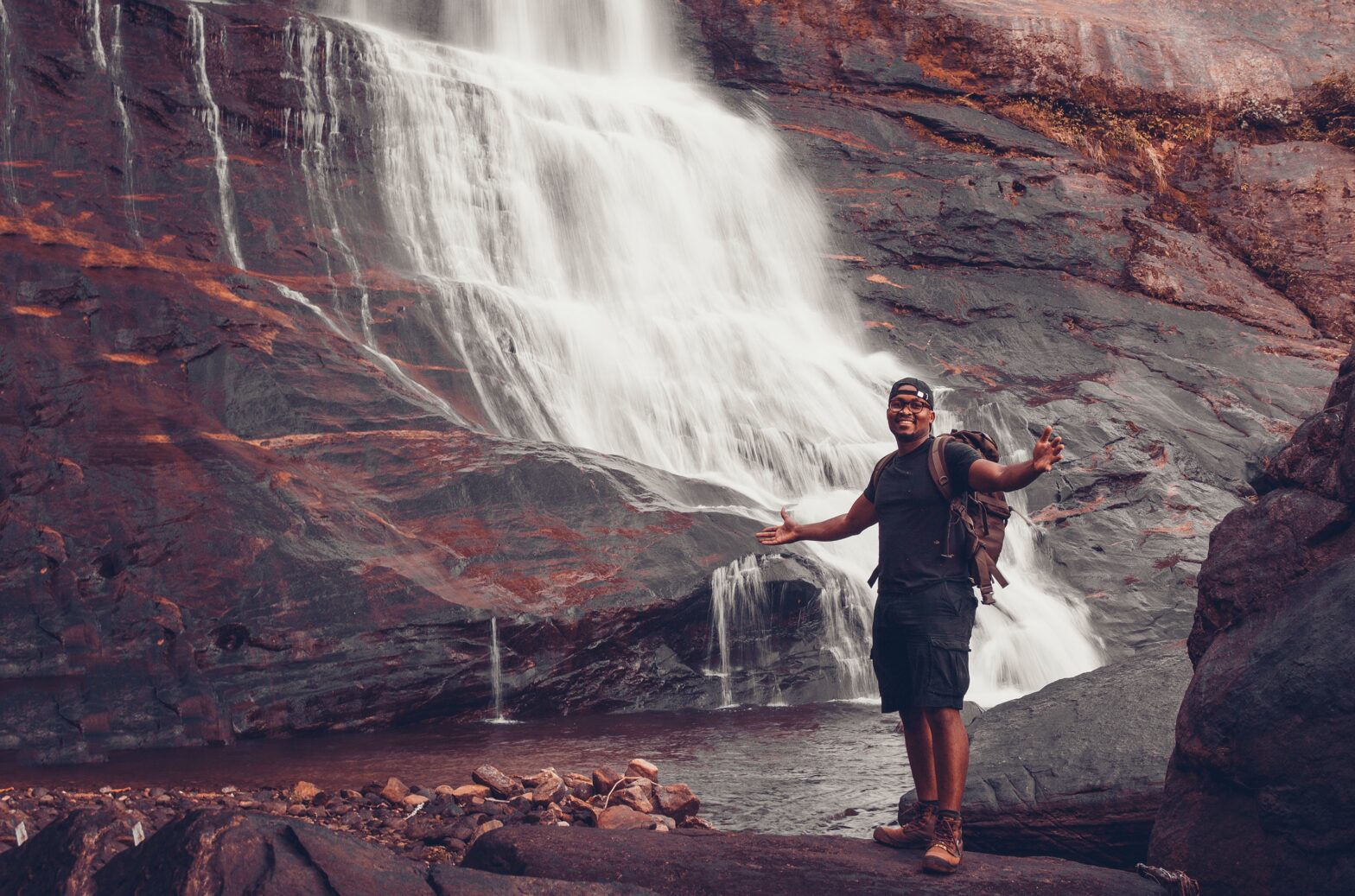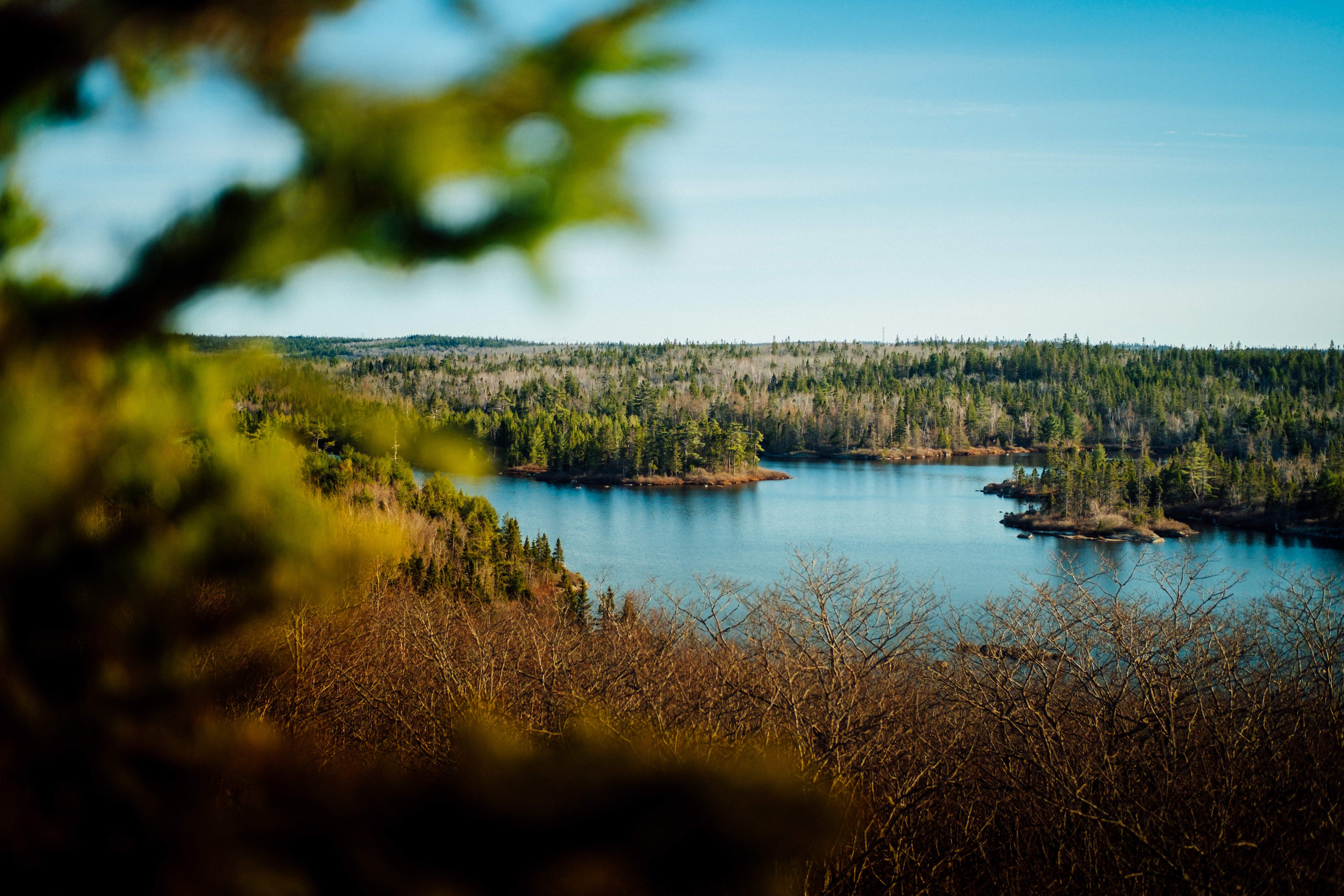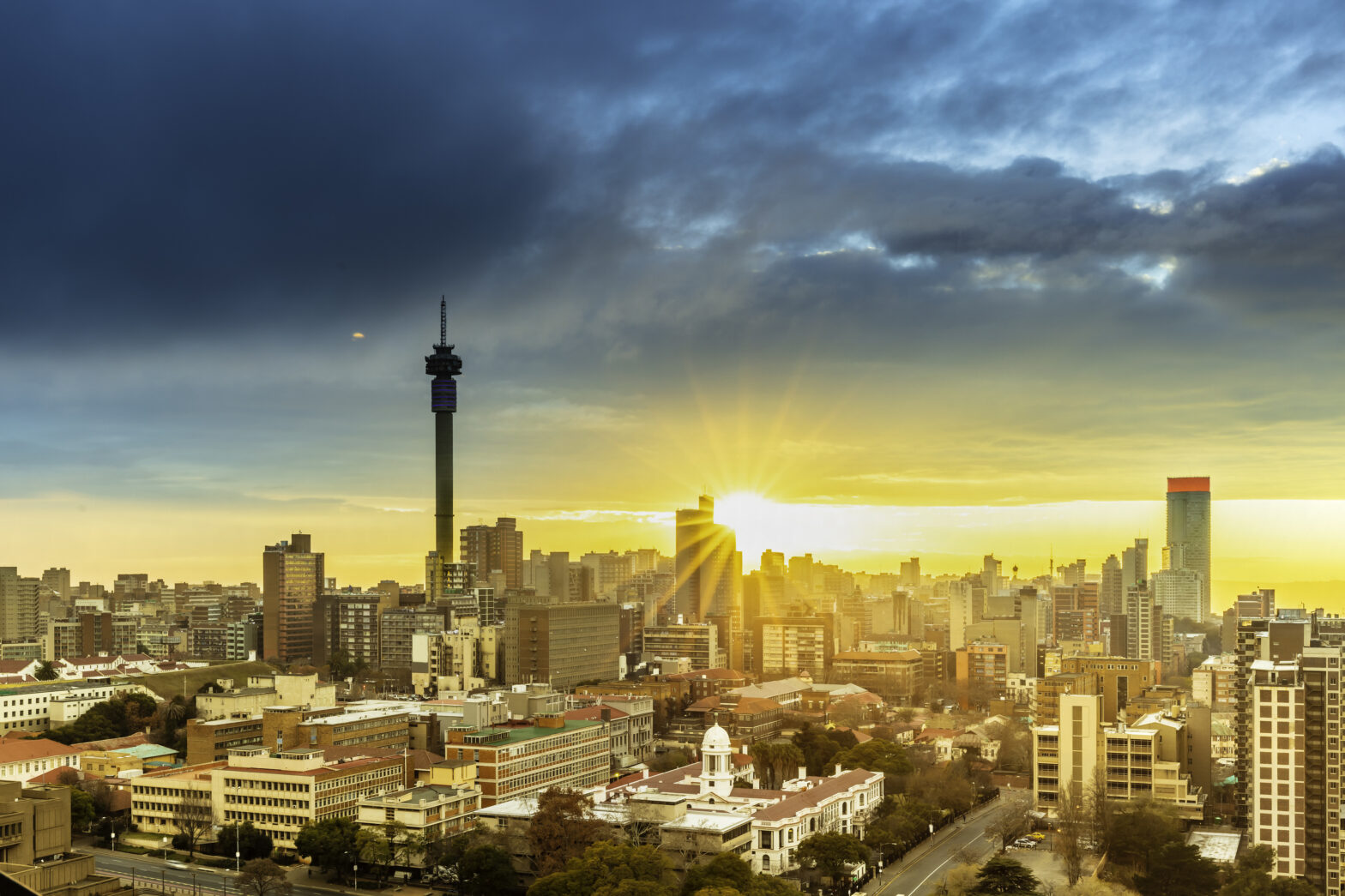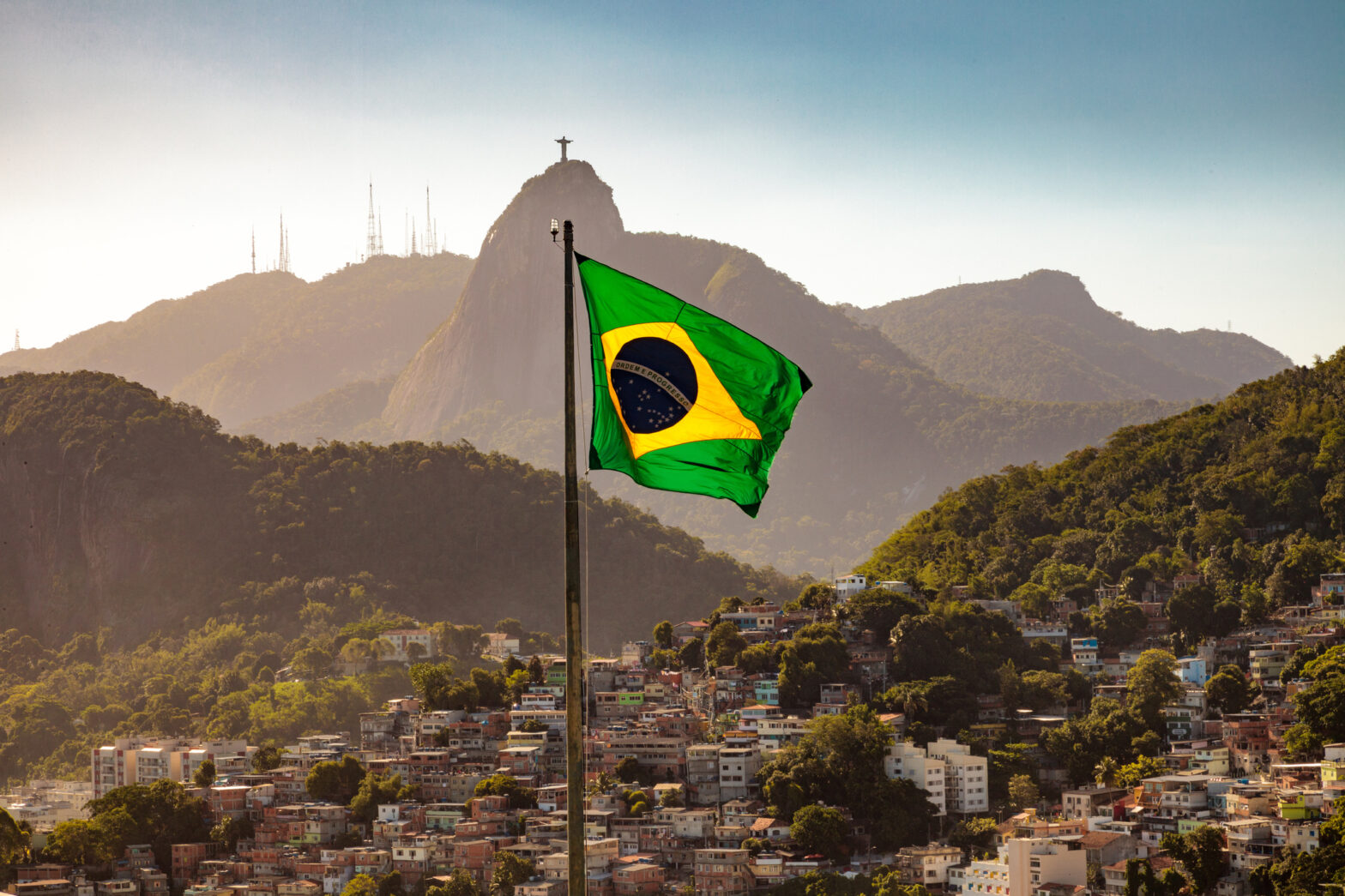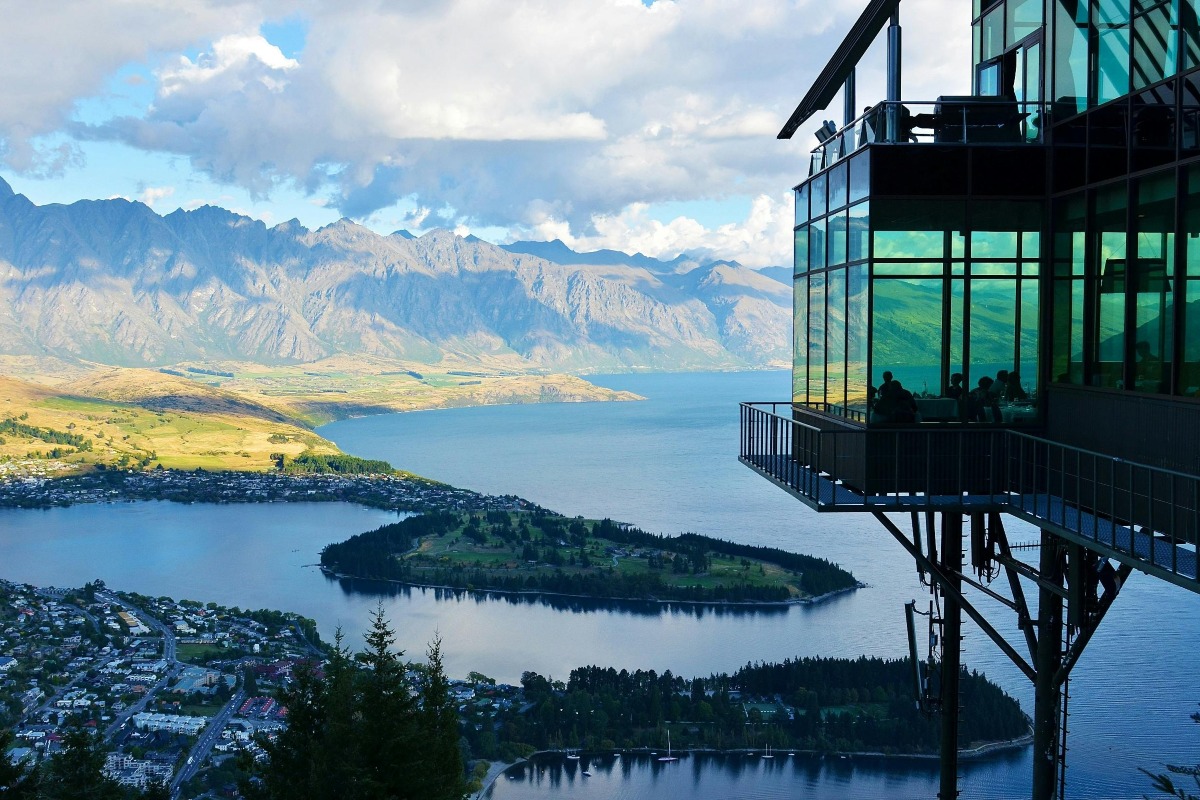Although most travelers know them by a different name, one group is bringing Black culture back to nature. Formerly known as Black Girls Hike, Vibe Tribe Adventures is shifting the perception of Black faces in the outdoors.
The non-profit organization was created by Jessica Newton, 39, in 2017. When more than 1,200 Black women joined within the first year, Newton knew she was onto something special. Now, Vibe Tribe Adventures is available to both men and women of color seeking to reconnect with Mother Nature.
“Throughout history, we weren’t even allowed to go to national and state parks because of the color of our skin. There is trauma related to being outdoors,” Newton said in an interview with NBC News. “There’s a lot of healing that we as a Black community must do in order to reconnect and deepen our relationship with the outdoors because it’s our natural birthright to be there.”
Since the beginning of time, the relationship between Black people and nature has been skewed. With more organizations like Vibe Tribe emerging, the bridge connecting the culture to the outdoors can begin to heal.
New Name, Same Vision
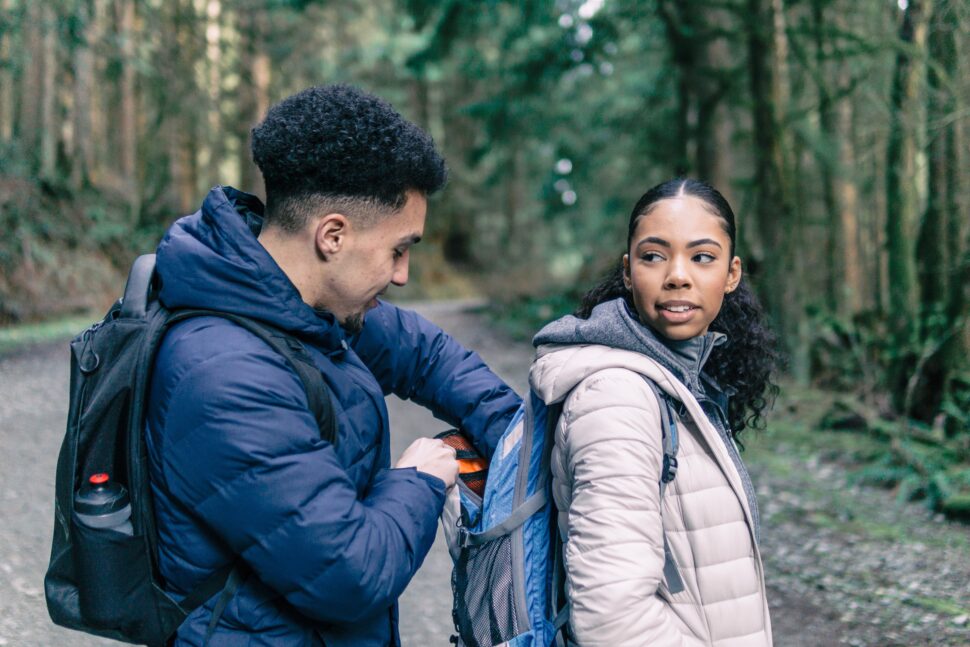
Whereas its old name seemed to cater solely to Black female hikers, the new umbrella includes a variety of programs.
Of course, Black Girls Hike remains a staple, connecting women to trails, pathways, and hiking adventures around every bend. The Urban Trekker program reaches out to Black youth to develop outdoor stewardship at a young age. For those seeking more outdoor education, Black 14ers provides technical training and mentorship for outdoorsmen and allies. Lastly, the American Adventure Sports Club provides resources and adventure sports training for everyone.
Bring Black Culture Back To The Outdoors
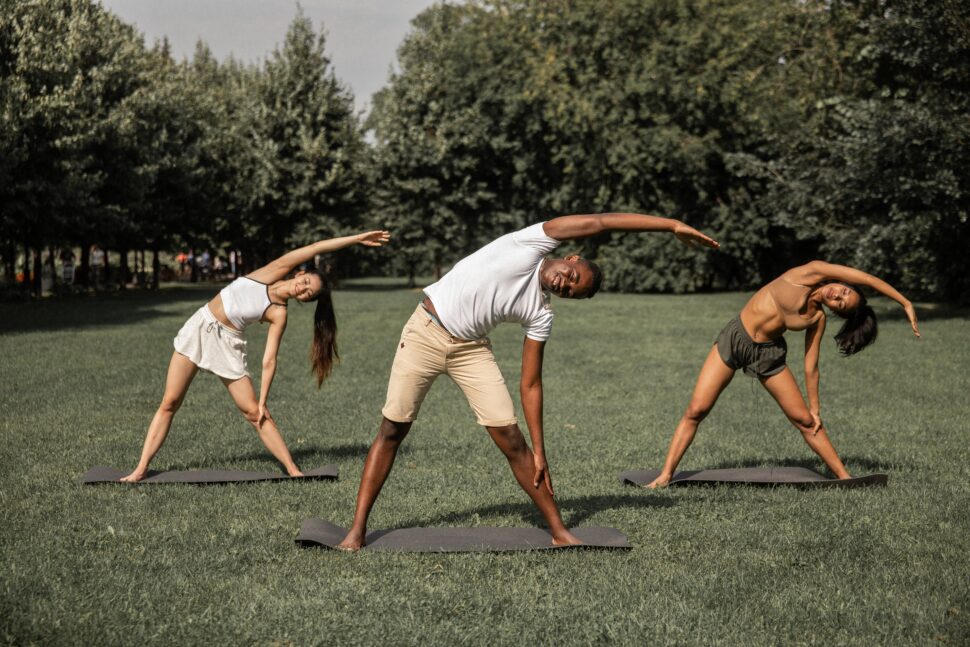
Despite making major strides in alleviating the stereotype that Black people don’t engage in outdoor activities, Vibe Tribe Adventures and other Black outdoor enthusiast groups are still facing discrimination and prejudice in nature.
In her NBC News interview, Newton described being approached by police with her hiking group after white horseback riders reported them. She said they were described to police as a “mob.”
This blatant display of injustice isn’t a new occurrence. According to KangJae “Jerry” Lee, an assistant professor at North Carolina State University, national parks like Yellowstone weren’t founded until after the Civil War. These beautiful state parks were in resistance to the rising urban areas that weren’t deemed beautiful and fit for white Americans. Black people were intentionally kept out or restricted to a segregated “negro area.” Recent survey data from the National Park Service showed that only 23 percent of visitors to national parks were people of color.
